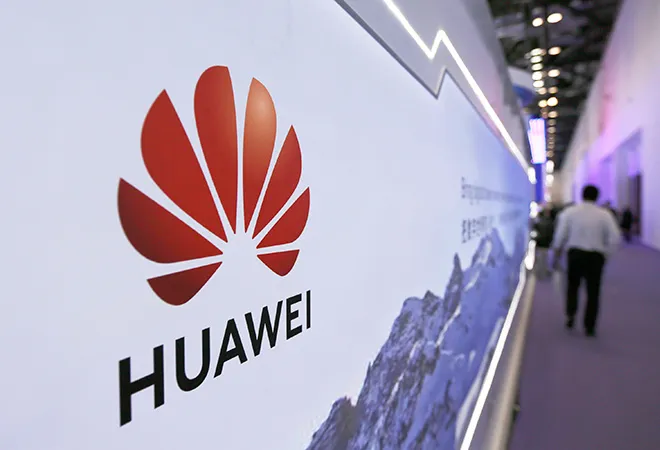
There is a momentum gathering force in Europe against Chinese intrusions in its 5G networks. China Tech is becoming a pariah, isolated because of the aggressive actions of Xi Jinping and his Chinese Communist Party. Two EU members,
Bulgaria and
Slovak Republic, and two seeking admission into EU,
Kosovo and
North Macedonia, have now joined hands with the US-led
Clean Network initiative to ban Chinese vendors from their 5G rollouts. The
23 October 2020 joint declaration between the US and the Slovak Republic, makes it clear that to ensure a robust 5G ecosystem, the network hardware and software suppliers have to fulfil four conditions — independent judicial review, transparent ownership, respect for intellectual property rights, and transparent corporate practices — none of which is on offer by Chinese vendors. A no-China action plan is “vital for prosperity, national security, and economic development,” said
North Macedonia Prime Minister Zoran Zaev. It is also important for this country that seeks an EU membership to “harmonise national policies” for the development of communications networks.
Effectively,
the EU and Europe are coming together around four big value convergences. First, the 3 May 2019
Prague Proposals, that lean on all stakeholders to promote security of national critical infrastructure networks, systems, and connected devices. Second, the 3 December 2019
Council Conclusions on the significance of 5G to the European Economy and the need to mitigate security risks linked to 5G, under which EU would source 5G equipment only from “trustworthy parties”. Third, the 4 December 2019
London Declaration that seeks the North Atlantic Treaty Organization (NATO) members to secure their 5G networks and recognise the challenges thrown up by China. And fourth, the January 2020
Secure 5G deployment in the EU – Implementing the EU Toolbox, under which the European Commission seeks coordinated approach to cybersecurity in the EU for critical technologies and networks and marks them as essential to ensure its technological sovereignty.
Already, two G7 nations of Europe,
Italy and
the UK, have banned Huawei from their 5G rollouts. Besides them, recently, the
Czech Republic and
Sweden have placed barriers before China Tech. Add
Poland, Estonia, Romania, Denmark, Latvia and Greece, and a total of 13 European nations have decoupled from China on 5G. Despite reservations, Germany and France, along with Netherlands, Switzerland, Spain and Portugal, will follow soon. Europe done, all strategic-security eyes will move to Asia. In the
2+2 India-US Ministerial Dialogue that begins tomorrow, for instance, China Tech will be on the table.
The views expressed above belong to the author(s). ORF research and analyses now available on Telegram! Click here to access our curated content — blogs, longforms and interviews.



 There is a momentum gathering force in Europe against Chinese intrusions in its 5G networks. China Tech is becoming a pariah, isolated because of the aggressive actions of Xi Jinping and his Chinese Communist Party. Two EU members,
There is a momentum gathering force in Europe against Chinese intrusions in its 5G networks. China Tech is becoming a pariah, isolated because of the aggressive actions of Xi Jinping and his Chinese Communist Party. Two EU members,  PREV
PREV


